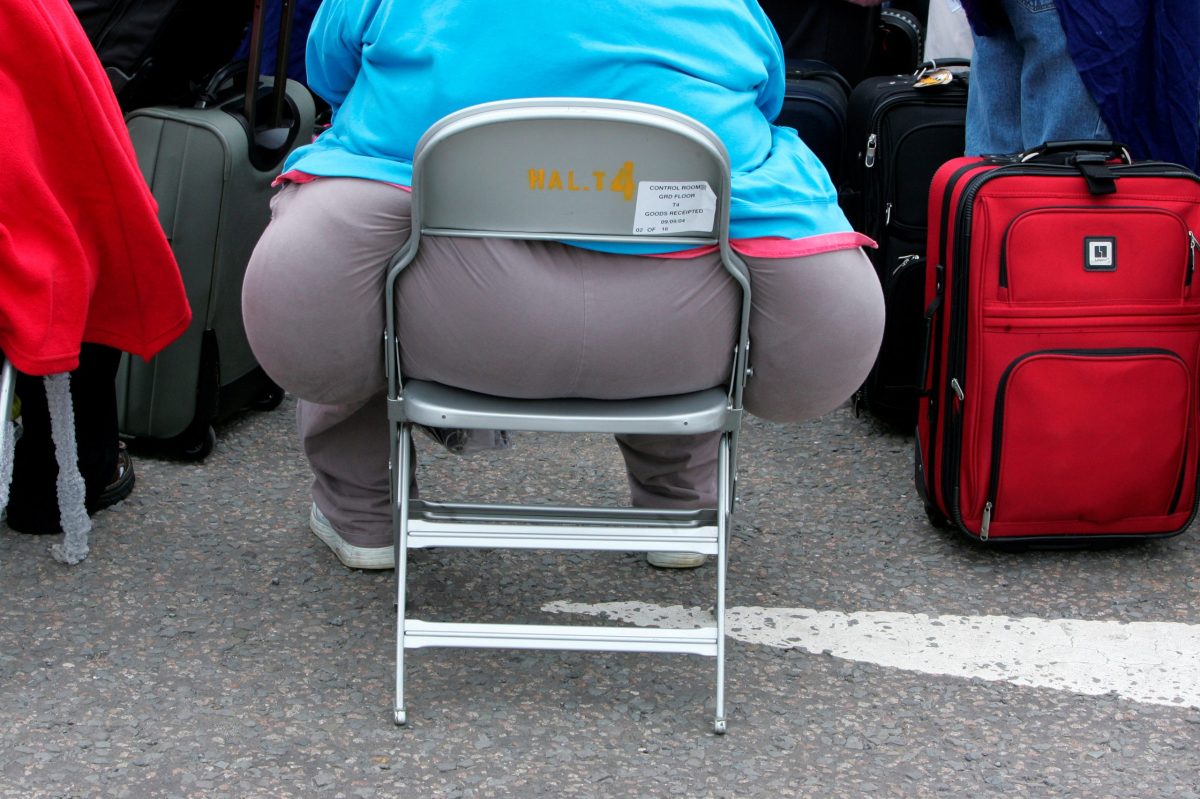BY KATE KELLAND
Evidence emerging around the world suggests that people who are overweight or obese are at increased risk of getting more severely ill with COVID-19, the disease caused by the SARS-CoV2 coronavirus.
Scientists are still learning about which specific mechanisms might explain this link, but they say some likely factors are:
FAT ADDS STRAIN
– Obesity leads to fat accumulation in vital organs like the heart, and leads to insulin resistance and high blood pressure. This means obesity often coincides with other health conditions, including diabetes, a weaker heart, and less well-functioning liver and kidneys.
– Excess fat can also affect the respiratory system. In other words, it can make someone breathless and less able to get oxygen into the blood and around the body. It is also likely to have an effect on inflammatory and immune functions.
– “Obesity puts extra pressure and metabolic strain on almost every organ system of the body,” said Susan Jebb, a professor of diet and population health at Britain’s Oxford University. “So it’s perhaps not surprising that it also exacerbates the risk of COVID-19 complications.”
FATTY TISSUE
– Fatty tissue – also known as adipose tissue – has high levels of an enzyme called angiotensin-converting enzyme, or ACE2, which is used by the new coronavirus to enter cells.
People with higher levels of ACE2 in their blood and other tissues are likely to be more susceptible to COVID-19 infection.
TWO ‘PANDEMICS’ CLASH
Francesco Rubino, an expert on obesity and chair of metabolic and bariatric surgery at King’s College London, calls the COVID-obesity link a “clash of two pandemics”.
“The (coronavirus) pandemic really brings to the fore the need to tackle obesity more aggressively,” he said. “One lesson from the pandemic of COVID-19 is that not treating obesity is not an option.”






































